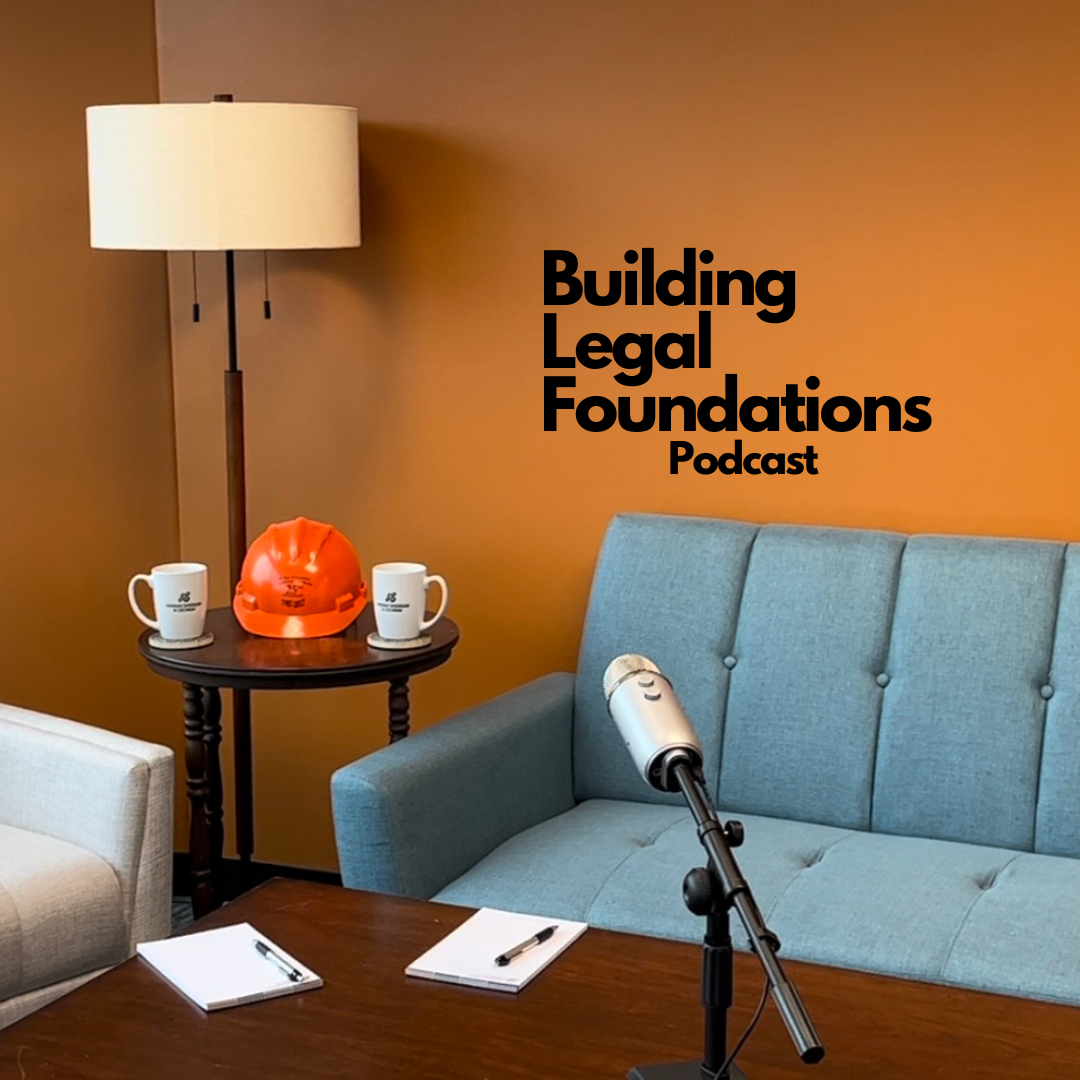Hannah Sheridan & Cochran's own podcast, previously available via Spotify, is now available to listen…
Arbitration v. Mediation
Alternative Dispute Resolution (ADR) is a method of resolving a dispute between parties in lieu of litigation. Two of the most common ADR methods are arbitration and mediation. It is important to understand the difference between arbitration and mediation, in that having a strong grasp on the procedures will allow the process to play out smoothly, while also allowing each party to focus on their side of the case.
Arbitration
Arbitration has similarities to a traditional trial; however, it is an informal procedure and takes place in front of an arbitrator rather than a judge. The arbitrator is in charge of making a decision in the dispute, and if neither party decides to appeal the arbitrator’s decision, then the decision is binding. However, a party can choose to appeal for a traditional trial with a judge.
Arbitration hearings are one hour in length, giving each side 30 minutes to argue their respective case. This time limit can be extended if the arbitrator deems it necessary to do so. These hearings take place in either public meeting rooms or courtrooms.
Lastly, it should be noted that there are certain types of cases that are not eligible for arbitration, including but not limited to, family law disputes and class actions.
Mediation
Mediation is a dialogue between two parties, with the hope that the parties will settle their dispute by coming to an agreement. The mediator, a neutral party, assists the parties in talking through the dispute and attempting to reach an agreement. While an agreement is the best outcome in a mediation, the parties do not have to reach an agreement during mediation.
The parties have the freedom to choose their mediator if they can mutually agree. However, if the parties cannot agree on their mediator, the court will make the decision as to who the mediator will be.
In terms of location, mediation does not have to take place in a courtroom; it can occur anywhere that is agreed to by both parties and the mediator.
Conclusion
Arbitration and mediation can be valuable mechanisms in terms of resolving a case for parties that do not want to engage in a lengthy litigation process.
The attorneys of HSC have successfully settled a multitude of complex legal disputes utilizing ADR methods. Furthermore, partner Nan Hannah is certified by the North Carolina Dispute Resolution Commission in its Superior Court Mediated Settlement Conference Program, and has served as an arbitrator in the North Carolina court system’s district court dispute arbitration program.


